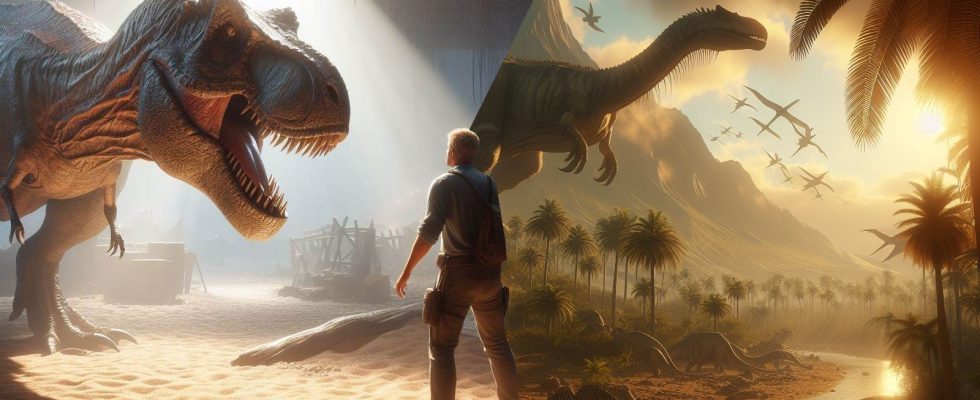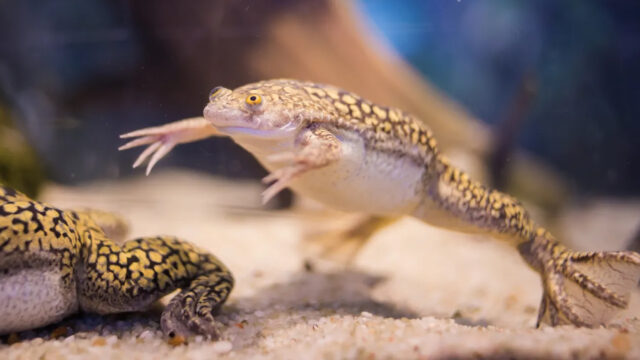Contrary to cartoons and cartoons, humans have never come face to face with a dinosaur. However, according to a new thesis, dinosaurs are behind humanity’s short lifespan and rapid aging. So how can dinosaurs be a factor in human longevity? ?
Did dinosaurs cause humans and mammals to grow old and have short lifespans?
Professor João Pedro de Magalhaes put forward important arguments in his hypothesis, which he called “Longevity bottleneck” and appeared in the journal BioEssays. Accordingly, dinosaurs that lived 100 million years ago caused human and mammal lifespans to be short and humans and mammals to age quickly.
Although humans and dinosaurs never lived in the same era, the first mammals and dinosaurs came together in the Mesozoic era. It is a known fact that dinosaurs were at the top of the food pyramid at that time. Professor Magalhaes suggests that the dinosaurs living at that time pushed mammals to survive.
Accordingly, mammals trying to survive chose between long life and rapid reproduction due to the pressure of dinosaurs. According to the hypothesis, mammals chose for rapid reproduction and managed to survive.
This choice made by mammals millions of years ago obviously had an impact on human lifespan as well. It is a fact that reptiles age much more slowly and live much longer, especially compared to mammals. In this hypothesis, it was also revealed that the average lifespan of reptiles was higher than that of mammals.
According to the hypothesis, this pressure, which causes people to age and have short lives, may also provide an important clue as to the cause of aging. In particular, people’s aging and short lifespans lead to an increase in cell deformation and diseases such as cancer. This new hypothesis could reveal whether there are vestigial genes that would enable humans to live longer.
The Mesozoic era refers to the reptile age, dominated by large predators that most of us know, especially the T-Rex. The first mammals that emerged in this period were the prey of these large reptiles. According to the hypothesis, mammals evolved to reproduce faster in response to this pressure that lasted for millions of years.

